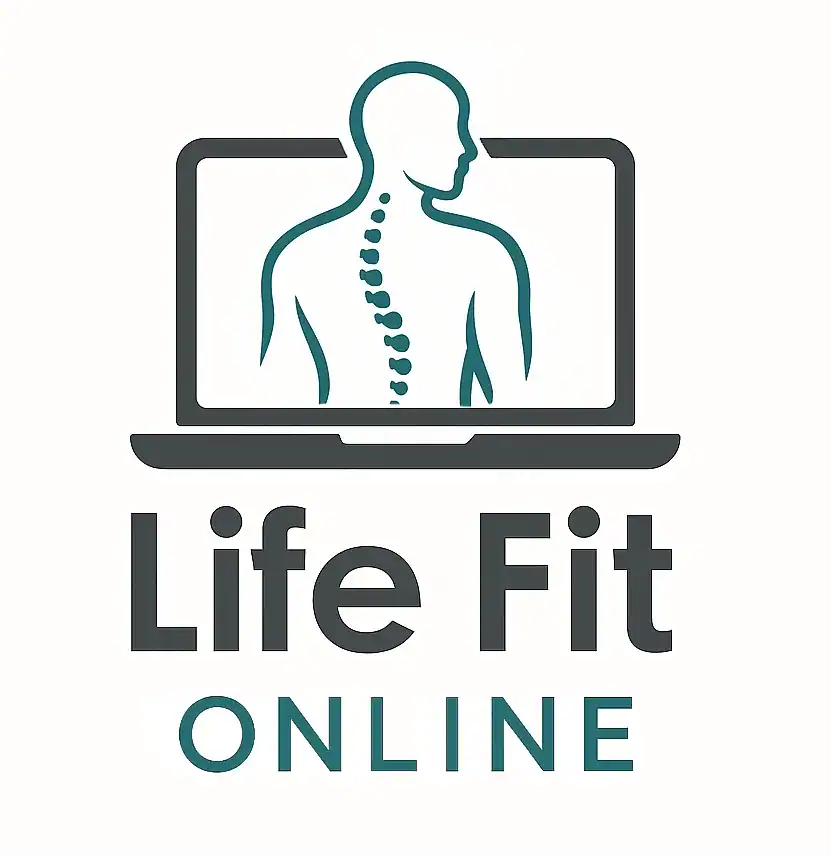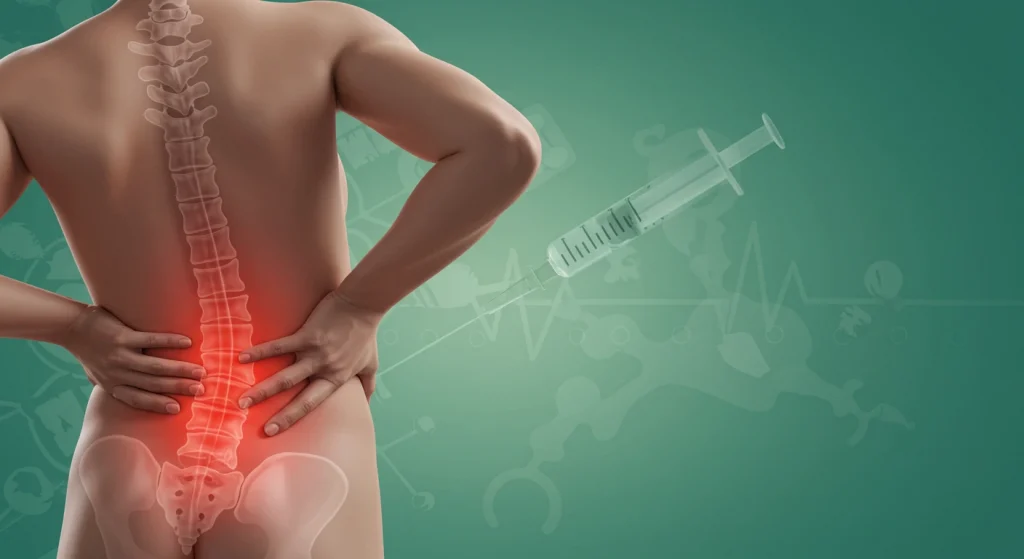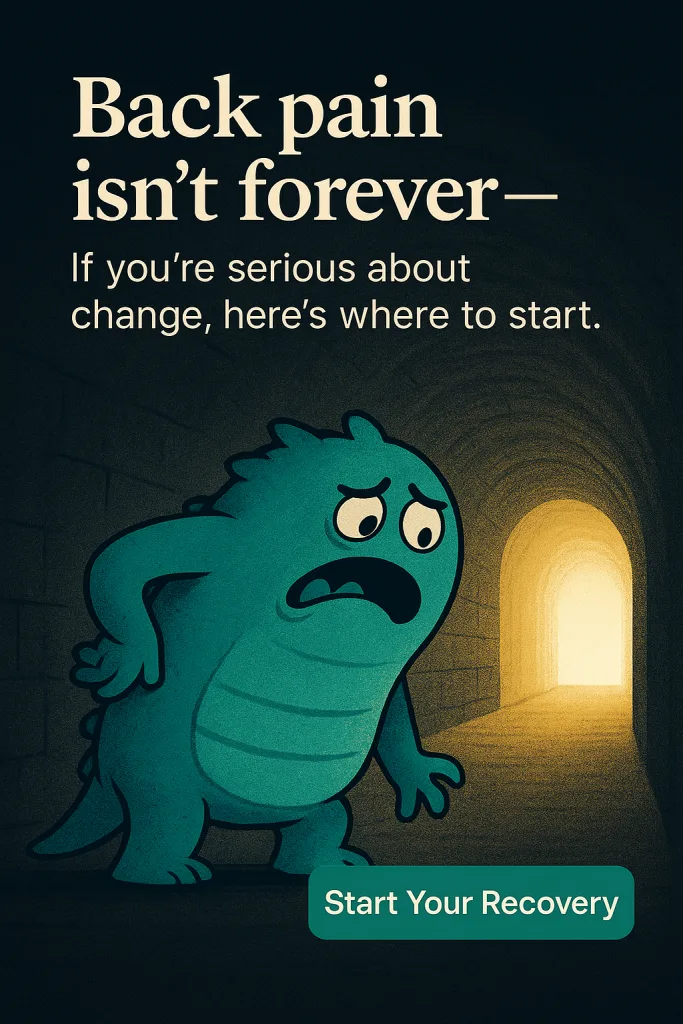When it comes to pain relief during labour, epidurals are a game-changer for many women. But what happens when the relief fades, and you’re left wondering if that epidural might be the reason for lingering lower back pain years later? It’s a question that’s sparked debates, studies, and even legal claims. Let’s unpack the facts, myths, and everything in between.
What Is an Epidural, and How Does It Work?
An epidural is a regional anaesthetic administered into the epidural space surrounding the spinal cord. It’s designed to block pain signals from the lower half of the body, making it a popular choice for pain management during childbirth. The procedure involves inserting a needle and catheter into the lower back, which delivers medication to numb the area.
While epidurals are generally safe, the proximity of the needle to the spine and nerves means there’s always a small risk of complications. These can range from temporary soreness at the injection site to rare cases of nerve damage or spinal injury¹.
The Link Between Epidurals and Long-Term Back Pain
The question of whether epidurals can cause long-term back pain is a contentious one. Some women report persistent discomfort years after the procedure, while others experience no issues at all. So, what does the research say?
A randomised study published in the PMC journal followed 369 women who received either epidural or non-epidural pain relief during labour. The study found no significant difference in the incidence of long-term back pain between the two groups. In fact, nearly a third of women in both groups reported back pain, suggesting that factors like pregnancy and childbirth—rather than the epidural itself—may be the primary culprits².
However, other studies have highlighted potential risks. For instance, a review in Anesthesiology noted that up to 31% of patients reported back pain after epidural anaesthesia, even if they hadn’t experienced it before the procedure³.
Why Might Back Pain Occur After an Epidural?
While the evidence is mixed, several factors could contribute to back pain following an epidural:
- Nerve Irritation or Damage: The needle used during the procedure can irritate or, in rare cases, damage nearby nerves. This can lead to inflammation or chronic pain¹.
- Injection Site Trauma: The physical act of inserting a needle into the back can cause minor trauma to muscles and ligaments, resulting in soreness or stiffness².
- Pre-existing Conditions: Women with underlying back issues may find that an epidural exacerbates their symptoms³.
- Psychological Factors: Anxiety or stress about the procedure can amplify perceptions of pain².
It’s worth noting that most cases of post-epidural back pain are mild and resolve within weeks or months. However, in rare instances, complications like nerve damage or spinal injuries can lead to chronic pain³.
How to Manage Back Pain After an Epidural
If you’re experiencing back pain after an epidural, there are several steps you can take to find relief:
- Rest and Gentle Movement: Allow your body time to recover, but avoid prolonged inactivity. Gentle stretches or low-impact exercises like yoga can help improve mobility and reduce stiffness².
- Hot and Cold Therapy: Alternating between heat and ice packs can soothe sore muscles and reduce inflammation².
- Physical Therapy: A physiotherapist can design a personalised plan to strengthen your core, improve posture, and alleviate pain.
- Back Fit Programme: For those with recurring or chronic back pain, specialised programmes like Back Fit from Life Fit can be particularly effective. Back Fit is a 6 week physiotherapist-led programme designed to help individuals with acute, chronic, or recurring back pain, as well as those looking to prevent future issues.
- Over-the-Counter Medications: Non-prescription pain relievers like ibuprofen can help manage discomfort, but always consult your doctor before taking any medication, especially if you’re breastfeeding².
- Professional Care: If your pain persists or worsens, seek advice from a healthcare provider. Treatments like ultrasound-guided injections or shockwave therapy may be recommended for more severe cases.
When to Seek Medical Attention
While most post-epidural back pain is temporary, certain symptoms warrant immediate medical attention. These include:
- Numbness or weakness in the legs
- Loss of bladder or bowel control
- Severe or worsening pain
- Signs of infection, such as fever or redness at the injection site
If you experience any of these symptoms, it’s crucial to consult a healthcare professional to rule out serious complications like nerve damage or spinal injuries³.
The Bigger Picture: Epidurals and Overall Well-Being
It’s important to remember that epidurals have helped millions of women navigate the challenges of childbirth with greater comfort and control. While the risk of long-term back pain exists, it’s relatively rare and often manageable with the right care.
At Life Fit Wellness, we’re committed to supporting your journey to recovery and well-being. Whether you’re dealing with post-epidural back pain or simply looking to improve your physical health, our integrated healthcare services—from physiotherapy to fitness classes—are here to help.
Final Thoughts
The connection between epidurals and long-term back pain is complex, but the evidence suggests that while the risk is low, it’s not zero. If you’re concerned about persistent pain, don’t hesitate to reach out to a healthcare provider.
Disclaimer: This blog post is for informational purposes only and does not constitute medical advice. Always consult a healthcare professional for personalised guidance.
References
- National Center for Biotechnology Information (NCBI). Complications of Epidural Anaesthesia. Available at: https://pubmed.ncbi.nlm.nih.gov/24961586/.
- PMC Journal. Long-term Back Pain After Epidural Anaesthesia. Available at: https://pubmed.ncbi.nlm.nih.gov/12183305/.
- Anesthesiology. Back Pain After Epidural Anaesthesia: A Systematic Review. Available at: https://pubs.asahq.org/anesthesiology/article/123/5/1015/12582/Back-Pain-After-Epidural-Anesthesia-A-Systematic.











